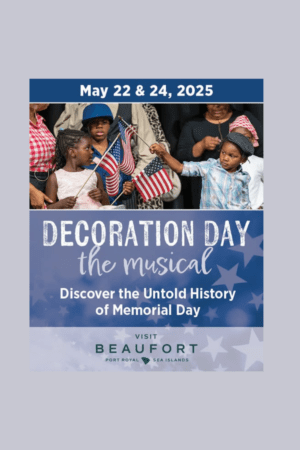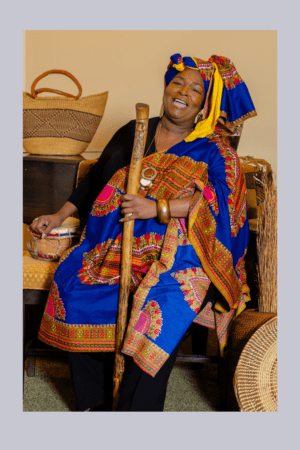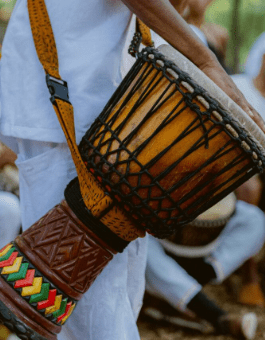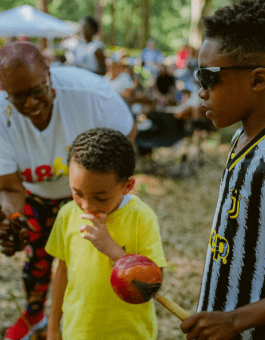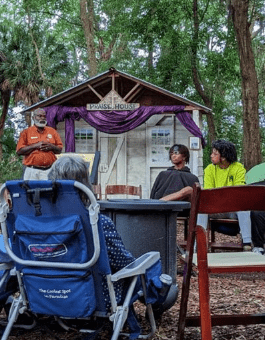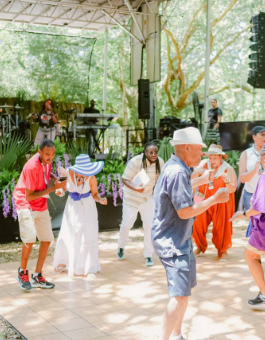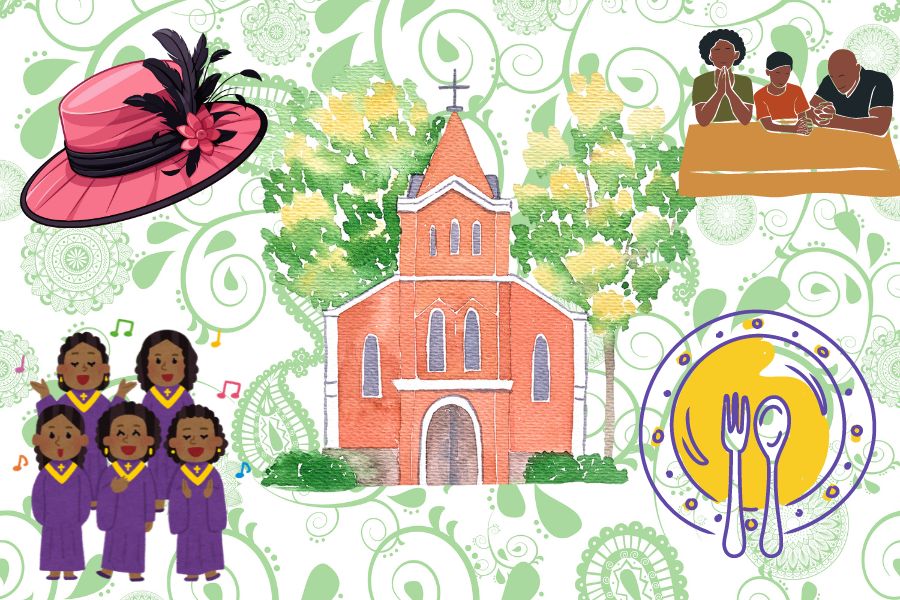
Black churches have long been a cornerstone of the Black community, offering more than just a place of worship—they provide a space for spiritual, cultural, and social connection. Rooted in history, these churches have fostered a sense of unity, support, and resilience, serving as a safe haven and gathering point through times of challenge and celebration. Their vibrant and unique styles of praise, from the passionate singing and joyful dancing to the powerful sermons, make Black church traditions stand out distinctly. These elements not only uplift the spirit but also preserve cultural heritage. Here are five Black church traditions that continue to shape and strengthen the community.
1. Community
Historically, the church was the only place where Black people could come together and fully express themselves. It offered a sanctuary of hope, support, love, and faith. The Black church has been the birthplace of numerous civil rights movements and pivotal moments in history, serving as a vital space where the community could thrive and make significant changes.
2. Choir Marching In
Attending a Black church often feels like a vibrant celebration of faith. In many Black churches, the service is a dynamic expression of devotion, with the choir serving as the soundtrack to the sermon. The choir’s procession signifies their readiness to offer praise through their voices. Music holds a significant place in the Black community, so it’s no surprise that church music is given serious attention, energizing the congregation for the message.
3. Praise Dancing
The Black Church is a place not only for receiving but also for expressing love for God through various forms, including dance. Praise dancing, which traces its roots back to the motherland, is a powerful way to give thanks and show gratitude, complementing the music and sermon.
4. Gospel Chants
Chanting is another powerful way to express gratitude and devotion to God. In the Black community, where expression is vibrant, chanting serves as an outlet for worship, much like praise dancing. When the spirit moves, chanting provides another way to convey worship and thankfulness.
5. Church Hats
Church hats and fashion are traditions in the Black church. Attending church in your Sunday best is a way to honor God and express appreciation. Church is a space where we step up and show out, with dressing up seen as a mark of respect for God. While some believe in coming as you are, the idea is to wear what makes you feel good and prepared to receive the sermon.
Black church traditions have been shaped by the legacies of our ancestors, reflecting a deep, enduring sense of community and a unique relationship with God. These practices, from vibrant worship styles to the communal rituals that bind us together, serve as a testament to resilience, faith, and cultural identity. As times change, the rich culture of these traditions continues to evolve, adapting to new generations while preserving the core values that have sustained the Black church for centuries. These traditions are not just a part of history—they remain a vital, living aspect of spiritual and cultural life.
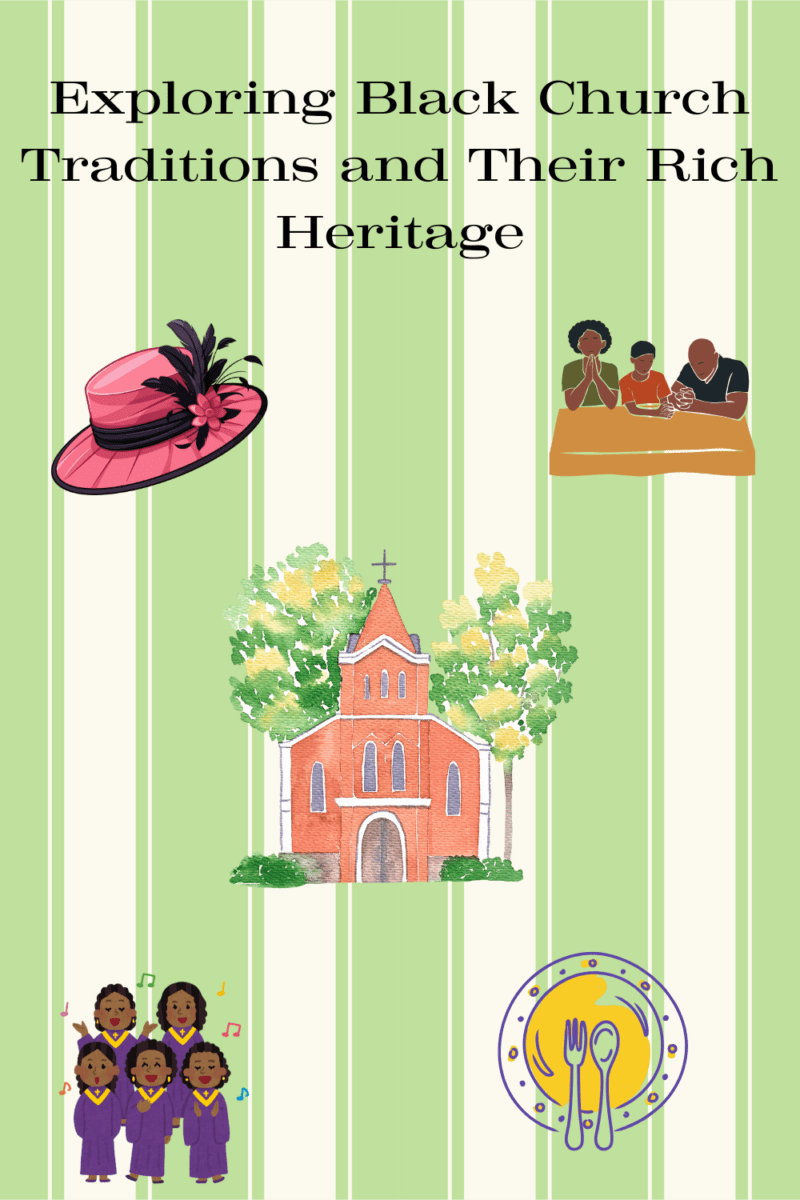
The author’s content and opinions have not been pre-reviewed, approved or endorsed by Discover.

